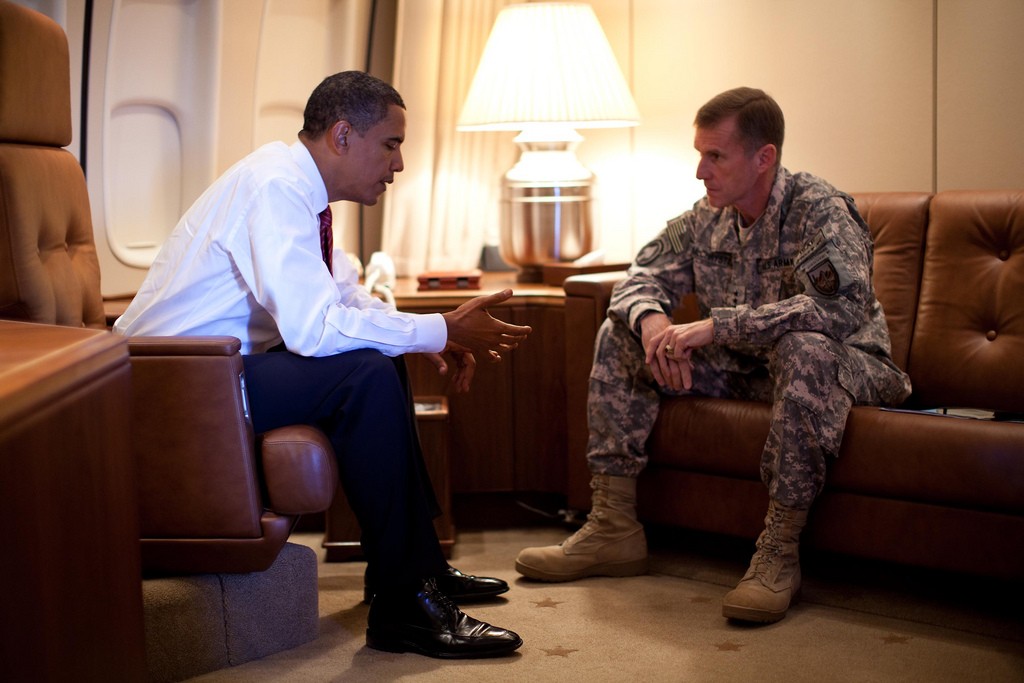A survey of colonels and Naval captains taking advanced courses at the US Marine Corps War College said they would disobey a legal order under certain circumstances. The senior officers enrolled were from all the services due to the joint service integrated war fighting doctrine of the US armed forces.
The most frequent reasons given to disobey a legal order are:
* "If the officer cannot live with obeying the order, then he must disobey and accept the consequences."
* "When I cannot look at myself in the mirror afterwards."
* "When I deem the order to be immoral."
* "When it is going to lead to mission failure."
* "When it will get someone injured or killed needlessly."
* "When it will cause military or institutional disaster."5
By the writer, Marine Colonel retired A.R. Milburn...
These comments reflect the view that the military professional has moral obligations more fundamental than obedience and loyalty to their leaders, civilian or military. I argue that the military profession is founded on clearly defined moral principles. How a profession views itself does much to shape its identity, and U.S. military officers take pride in belonging to a profession centered on high ethical standards. This belief, inculcated upon entry and constantly reinforced, appears within the profession to be self-evident.
If an officer decides that an order is rendered unconscionable by its probable consequences, it follows that he has a moral obligation to dispute the order and, if unsuccessful, to dissent in a manner that has the best chance of averting those consequences, or his dissent is rendered meaningless. Should dissent be founded on the right action or the right effect' A third of the MCWAR officers surveyed argued that the military professional should focus on the effect desired: mitigation of the immoral order, rather than the conscience- salving but possibly ineffectual act of resignation. By taking an open stand, the military professional displays the courage of his convictions but also implicitly accepts personal consequences, whether he is right or wrong. His stand may be purely symbolic-and have no effect on the decision. Regardless, he has exercised his moral autonomy and taken the consequences.
There are circumstances under which a military officer is not only justified but also obligated to disobey a legal order. In supporting this assertion, I discuss where the tipping point lies between the military officer's customary obligation to...

www.army.mil
Indeed, in the US armed forces officer corps across the services, it is not inconceivable nor is it out of the question to disobey a legal order. The issue is, rather, when do you disobey a legal order, why, how and to what desired purpose -- and to what consequence, if any.
The author is USMC Col. ret. Andrew R. Milburn who spent 31 years as an infantry and special operations officer to include as commander of the Marine Raider Regiment and the Combined Special Operations Task Force, Iraq. Milburn served as Deputy Commander and Operations Officer of CENTCOM Special Operations Command.




